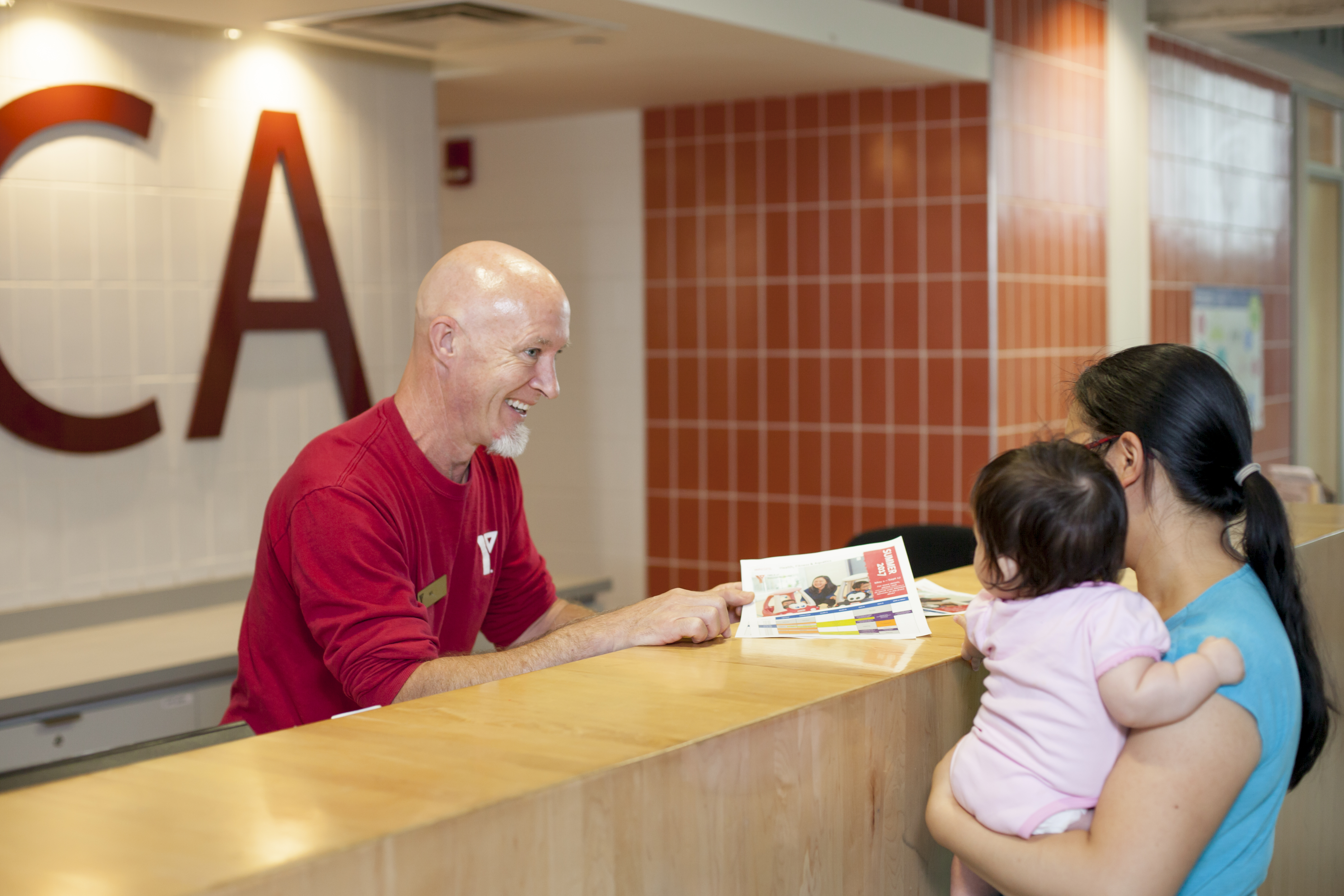It’s January and the New Year provides the perfect opportunity to reflect on the past year and set life goals for the next 12 months. More often than not, this turns into a resolution, often about health – whether it be quitting smoking, losing weight or exercising more. All too often though, we forget that our health is multifaceted. Good physical health is a must, but what about our mental and social well-being? Studies have proven that physical and mental health go hand in hand.
Mental illness affects people of all ages and from all walks of life. According to the Mental Health Commission of Canada, one in five adults in Canada experience mental illness each year and 20% of youth ages 13-to-18 live with a mental health condition. Thanks to initiatives like Bell Let’s Talk Day, more people are breaking the silence and taking steps to reduce the stigma around mental health issues.
In a recent survey conducted by Nielsen Consumer Insights in 2019, 84% of Canadians now say they are comfortable speaking with others about mental health, compared to only 42% in 2012. However, there is still work to be done to ensure all Canadians have access to the mental health support they need.
Physical activity should be part of the mental health conversation
Many studies have shown what we all instinctively know—regular physical activity is essential for good mental health. Yet, only 36% of kids and 18% of adults get the recommended amount of physical activity each day. These current levels of inactivity are significantly contributing to poor mental health across our country. Not only is physical activity essential for good mental health, it can also build social connections and enhance community engagement – something that many people are lacking today.
Physical exercise has been linked to reduced levels of anxiety and depression, and increases in levels of serotonin, dopamine and norepinephrine in the body – chemicals which have been associated with elevated mood. Studies show that the type and intensity of exercise doesn’t matter. Daily physical activity, whether it be an intensive boot camp, an hour-long swim or a 30-minute walk, can significantly improve your mental health. Even short bursts of daily exercise, like two 15-minute or even three 10-minute exercise sessions, can work just as well. Incorporating physical activity into your daily life can help increase your energy, improve your sleep and mood, reduce stress, improve self-esteem, and reduce symptoms of depression and anxiety.
How does the YMCA support mental health?
The YMCA of Simcoe/Muskoka supports a healthy spirit, mind and body through a variety of programs and services. It offers a safe and accessible place in the community where members can connect with each other, exercise, take part in recreational fun and give back to their community through volunteer opportunities. And, by being an active part in the lives of many youth and families in our community, the YMCA can offer resources and bridge connections to other community organizations, for those who need additional support.
Getting help
Maintaining positive mental health for yourself and offering support for your loved ones begins with understanding the facts. Be aware of the signs of mental illness and the resources available. If you or someone you know is struggling with mental health issues and needs support, here are some additional resources in our community:
- Canadian Mental Health Association (CMHA) – Crisis Services can be reached at 705-728-5044 or 1-888-893-8333 (toll free) or visit www.cmhastarttalking.ca/find-help/.
- ConnexOntario – offers province-wide information and referral services for those with mental health or addiction challenges. You can visit their website at connexontario.ca, or call 1-866-531-2600 which operates 24 hours a day, 7 days a week.
- Kids Help Phone – kidshelpphone.ca or phone 1-800-668-6860
- Distress Centres – dcontario.org
For more information about the YMCA of Simcoe/Muskoka programs and services, please visit www.ymcaofsimcoemuskoka.ca.
Rob Armstrong is President and CEO of the YMCA of Simcoe/Muskoka; focused on investing in communities, ensuring all people have access to the Y and implementing programs that are helping thousands of youth and families to learn and thrive. Prior to joining the YMCA of Simcoe/Muskoka in 2011, Rob held senior leadership positions at the YMCA of Edmonton, YMCA of Owen Sound, YMCA of Cambridge and most recently YMCA Ontario. Rob holds an Honours degree in Physical and Health Education from Queen’s University and has since augmented his education with advanced courses from the Harvard Business School of Entrepreneurship, Ivy School of Business and Queen’s University Executive Education Program.
Since coming to Simcoe/Muskoka, Rob has taken an active leadership role in the Child, Youth and Family Services Coalition of Simcoe County and Barrie’s Pathways to end homelessness. He served on a number of boards including local Community Foundations, Affordable Housing, Parks and Recreation Ontario and the Minister of Health Promotions Health Advisory Committee.

